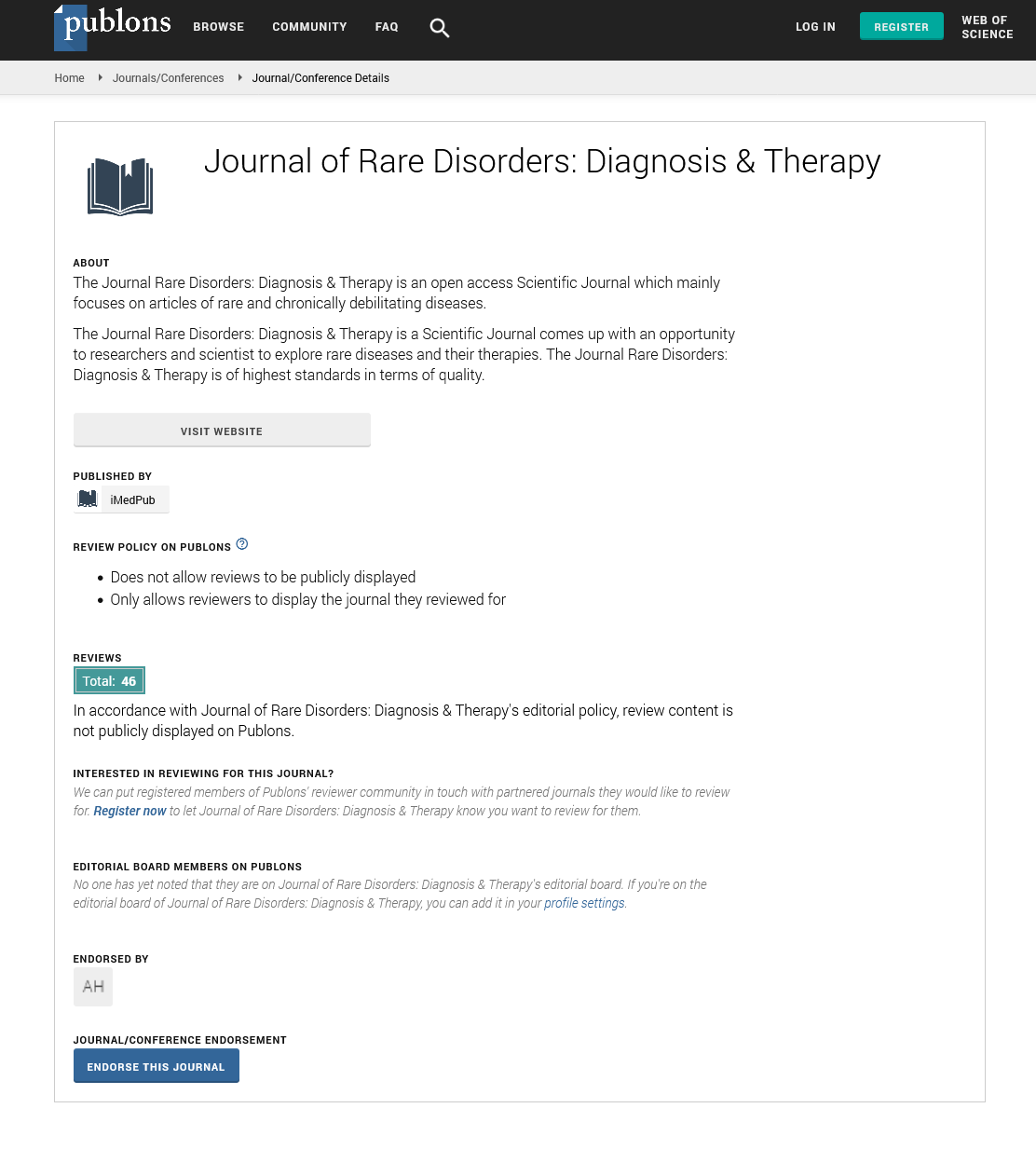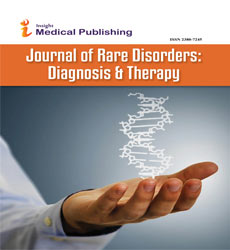Abstract
Genome-Wide Transcriptional Profiling of Ependymoma: Insight to Prognostic Indicators
Yongming Sang
C Nanjing Agricultural University, China
Received: June 06, 2022; Accepted: June 13, 2022; Published: June 20, 2022
Pediatric ependymomas are characterized by unpredictable biological behavior and prognosis. The purpose of this study is to identify genes that are selectively expressed in WHO grade III ependymomas, relative to grade II ependymomas. We hypothesize that these genes play a role in their biologic progression and may help in predicting their clinical behavior. Paraffin-embedded tissue from three grade II and three grade III ependymomas were isolated by Laser Capture Micro-dissection. RNA was extracted, amplified and hybridized to Affymetrix Human X3P GeneChip Arrays containing probe sets that define 47,000 human genes. Statistical t-test and z-score analysis of differentially expressed genes was performed to identify groups of functionally related genes. Genome-wide transcriptional profiling and z-score analysis revealed increased expression in a set of genes involved in DNA damage repair, mitosis and cell cycle control in grade III, relative to grade II ependymomas. These genes included components of the G2M DNA damage checkpoint (e.g. CDC2 and cyclin B1 (CCNB1)) and the mitotic spindle checkpoint (e.g., BUB1 and securin (PTTG1)), kinetochore and centromere associated proteins (e.g. survivin (BIRC5)), and other genes recently identified in oncogenic signaling in glioblastoma (e.g. abnormal spindle-like microcephaly associated (ASP)). This study identifies subsets of genes highly expressed in grade III ependymomas compared to grade II ependymomas as potential prognostic indicators.
Author(s):
Monica L Calicchio, Naren R Ramakrishna, Tucker Collins, Keith L Ligon and Ali G Saad
Abstract | Full-Text | PDF
Share this

Google scholar citation report
Citations : 241
Journal of Rare Disorders: Diagnosis & Therapy received 241 citations as per google scholar report
Journal of Rare Disorders: Diagnosis & Therapy peer review process verified at publons
Abstracted/Indexed in
- Google Scholar
- China National Knowledge Infrastructure (CNKI)
- Directory of Research Journal Indexing (DRJI)
- Publons
- International Committee of Medical Journal Editors (ICMJE)
- Secret Search Engine Labs
- Euro Pub
Open Access Journals
- Aquaculture & Veterinary Science
- Chemistry & Chemical Sciences
- Clinical Sciences
- Engineering
- General Science
- Genetics & Molecular Biology
- Health Care & Nursing
- Immunology & Microbiology
- Materials Science
- Mathematics & Physics
- Medical Sciences
- Neurology & Psychiatry
- Oncology & Cancer Science
- Pharmaceutical Sciences


